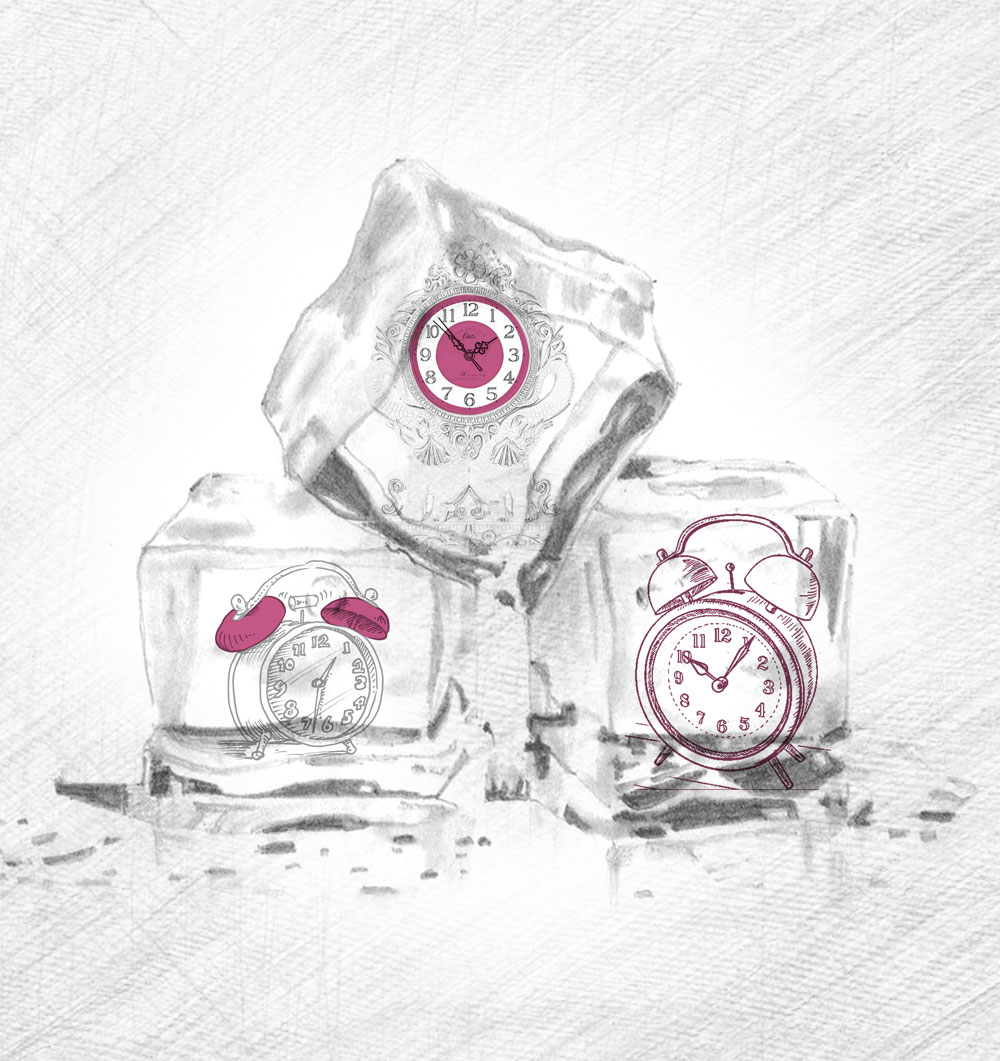Fertility Preservation is the process of saving or protecting eggs, sperm or embryos through freezing in the lab, until the desired time to have a child. In the future, these frozen reproductive tissues are used to have biological children by assisted reproduction methods.
Eggs, sperms or embryos are preserved through Freezing or Cryopreservation.
When one feels ready for pregnancy, the preserved frozen eggs, sperms and embryos are thawed and then used for fertilisation through IUI / IVF / ICSI procedures.
Preserving eggs, sperms or embryos can be a difficult decision to make for some people. However, it truly is a viable mean to preserve fertility and have a biological child. Moreover, the frozen eggs, sperms or embryos can be donated to the ones who are struggling to conceive

We believe in PREVENTION

As the medical field advances to treat and overcome diseases and conditions, new risks are arising that may affect the reproductive function or even cause lifelong sterility. Certain treatments such as chemotherapy or radiotherapy are necessary for certain medical and health conditions, but they may damage the reproductive cells and leave individuals unable to have children.
In such cases, egg or sperm preservation means genetic material can be frozen before treatment to keep it safe from harm. These will be preserved until the individuals complete their treatments and become capable of having a child.

This is commonly termed as Social Freezing. Many individuals and families want to have their biological children. But they need to wait for the right time. They are eager to achieve success in other areas of life, such as with their education or careers before starting a family. However, a woman's fertility declines as she ages, especially after the age of 35 and pregnancies may face complications.
For couples and individuals, waiting to start or grow their family, can preserve genetic material (egg and/or sperm) of the mother, father or both to use when the time is right to have a child.
Oncofertility describes a medical field that connects the characteristics of oncology and reproductive endocrinology with the aim of enhancing the reproductive ability of cancer patients and survivors. Cancer treatments including chemotherapy, radiation and surgery may damage / diminish or even destroy a person’s ability to have children in the future.
Read More